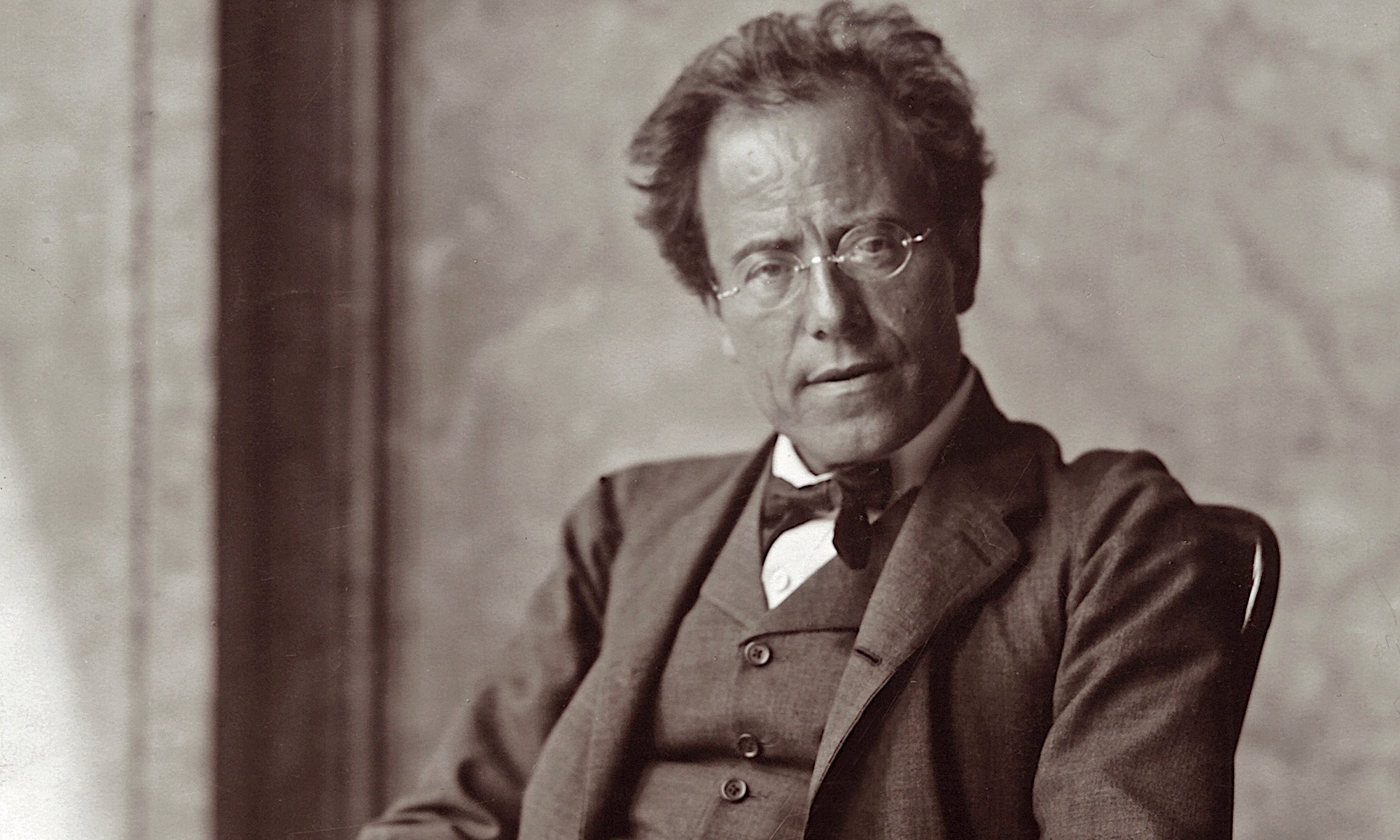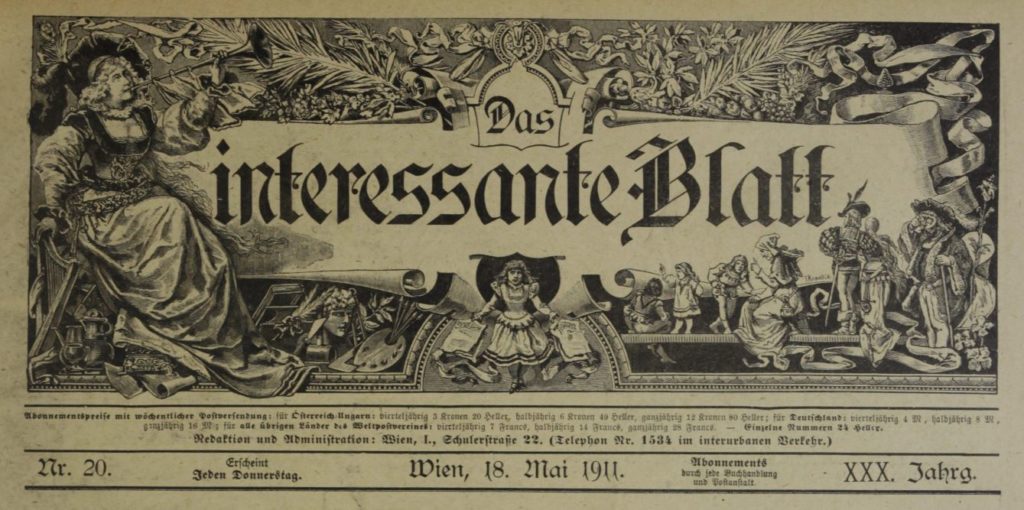- Also: Josef Weinberger.
- Music publishers.
- Josef Weinberger (1855-1928)
- Profession: Music publisher.
- Residences: Vienna.
- Relation to Mahler: Gustav Mahlers publisher.
- Correspondence with Mahler:
- Born: 00-00-1855
- Died: 08-11-1928. Aged 73.
- Buried: 10-11-1928 Dobling cemetery, Vienna, Austria. Grave 26-4.
Josef Weinberger founded his publishing business in Vienna in 1885. Through an association with Johann Strauss II, he began licensing performances of Strauss’ operettas.
Mahler had just arrived in Vienna to direct the Hofoper in 1897 after a number of directorial and conducting posts throughout Germany and the Austro-Hungarian empire, when he began an association with Josef Weinberger, who published a number of his early works before ceding all but one (Lieder eines fahrenden Gesellen) to the Universal Edition (UE) music publishers, which Weinberger himself had helped to found. Mahler’s term of duty at the Hofoper was marked by constant friction and scandals (a regular characteristic of Vienna’s musical life to this day), but was distinguished by exceptionally fine performances.
It was some decades before Mahler’s music came to enjoy the worldwide recognition now accorded to it – indeed, the Oxford Companion to Music, as late as the 1955 edition, remarks patronisingly that “his symphonies have been taken seriously in Germany and Holland”.
Recent additions to the Weinberger catalogue have included several of Mahler’s Retuschen (or re-touchings) scores (see “Mahler Retuschen” page for further information). The Retuschen scores are works by other composers that have been changed to make them more suitable for the size of the modern concert hall. These changes are based on the long-standing practice of increasing the number of players, thereby creating a better balanced orchestra. Beethoven’s full orchestra would not have had a particularly large string section and Mahler increased the number of players to sixty. The wind and brass instruments of his time were not so powerful or technically advanced as their modern counterparts, so he increased their numbers proportionately to match his full string section.
Several of the Retuschen scores are performed widely today including Weber’s Die Drei Pintos and the four symphonies of Schumann. The scores in the Weinberger catalogue include Beethoven’s third, fifth, seventh and ninth symphonies (the latter having received recent performances in Vienna, Germany and the UK), as well as his second and third Leonore overtures, Smetana’s Bartered Bride and Schumann’s Manfred overtures. The Retuschen scores are being edited for performance and publication by the Mahler scholar, Dr. David Pickett.




